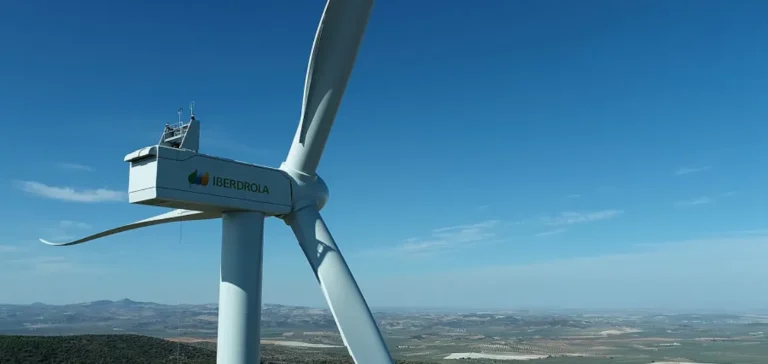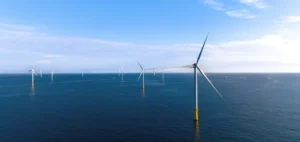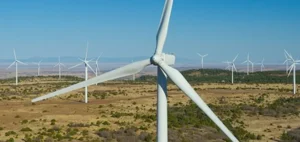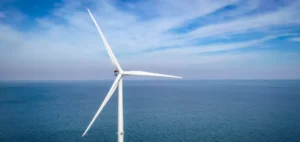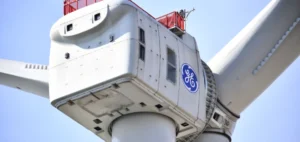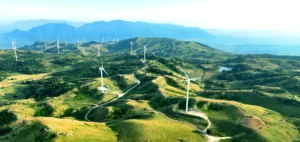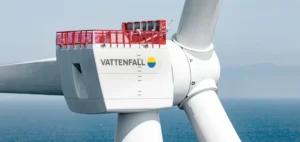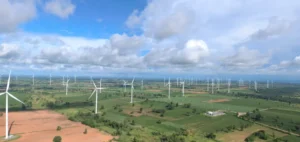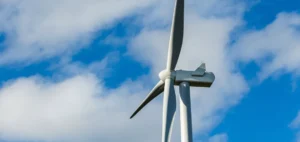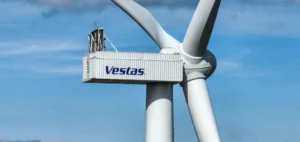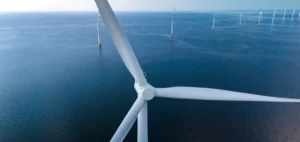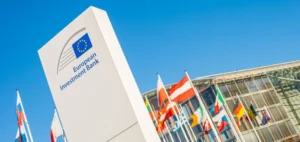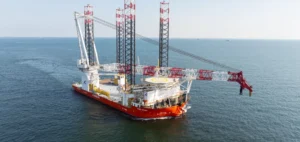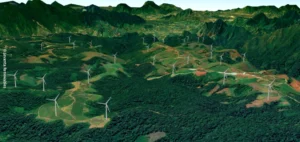Iberdrola España, the Spanish subsidiary of the Iberdrola group, and Renfe, Spain’s main railway company, have signed a Virtual Power Purchase Agreement (VPPA) aimed at supplying onshore wind power to the railway sector. This agreement covers the supply of 370 gigawatt-hours (GWh) annually for a period of ten years, totalling 3,700 GWh by 2035. This quantity of energy corresponds to an installed wind power production capacity of approximately 190 megawatts (MW). The partnership specifically targets the energy requirements of rail transport, considered the most electrified mode of transport in Spain.
Contract specifics
The implementation of this VPPA will enable direct integration of wind production into the grids feeding the railway lines operated by Renfe. The adoption of such technology is expected to generate cost savings through a stable and predictable energy tariff throughout the duration of the contract. Agreements of this type are often adopted by major industrial consumers seeking to secure a renewable energy supply at fixed cost, independent of market fluctuations.
Furthermore, according to data provided by Iberdrola España, this agreement should avoid the emission of over two million tonnes of carbon dioxide (CO₂) over ten years. This figure results from replacing conventional fossil fuels with electricity derived from wind power for passenger and freight train operations.
Iberdrola’s position in the European market
The Iberdrola group already benefits from extensive experience in managing PPA contracts in Europe and elsewhere worldwide. The company currently manages similar contracts in Spain, Portugal, Germany, Italy, the United Kingdom, the United States, Brazil, Mexico, and Australia, covering various technologies including onshore wind, offshore wind, and photovoltaics.
According to the Pexapark Renewables Market Outlook 2025 report, Iberdrola leads the European PPA market, having contracted 1,251 MW in 2024, a 38% increase compared to 2023. The group has also distinguished itself through contracts signed with major companies such as Amazon, Bayer, BP, Telefónica, Burger King, and Salzgitter, illustrating the growing industrial interest in this type of energy agreement.
Prospects for the Spanish energy market
In Spain, onshore wind power continues to occupy a significant position in the national energy mix, thanks to substantial installed capacity and increased competitiveness. Long-term contracts such as VPPAs have now become a preferred means for companies to control energy costs while meeting regulatory requirements and environmental targets set at the European level.
Iberdrola España states that this agreement with Renfe contributes to consolidating the supply of wind energy in Spain. Concurrently, the company indicates it is continuing to develop its portfolio of long-term contracts with other key industrial players, thus reinforcing its dominant position in this specific segment of the European energy market.


